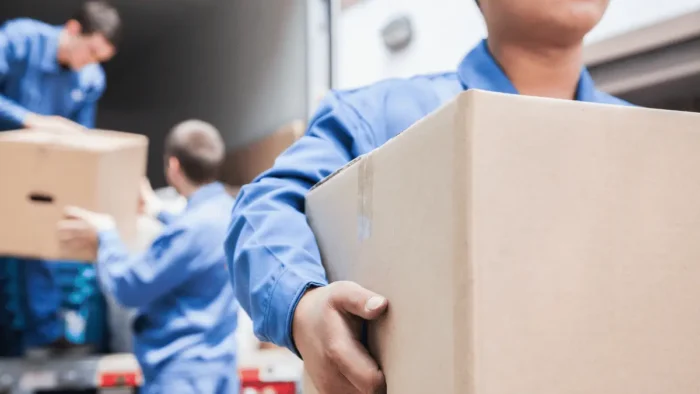Recycling is a common symbol found in waste bags, dump trucks and recycle containers. The phrase “Reduce, Reuse, Recycle” is taught to children worldwide, hoping that we will create a clean environment. We all know that recycling is an easy way for everyone to help make the world a better place.
However, recycling must certainly have more advantages than simply reducing the amount of trash we throw. After all, collecting, separating, and sending the trash takes time and effort. But the fact is that this process makes for a better and happier world in many ways.
Why is recycling environmentally important?
Recycling is really important if we want to preserve Earth for our future generations. Since we produce new products that don’t benefit us from the old products, it’s good for the environment. If waste is not recycled, it can have a significant negative impact on our environment.
We must remember that recycling is crucial to our planet’s future health. Here are five reasons why:
Natural resource conservation
The natural resources of the world are limited, and some are very inadequate.
Paper and wood recycling saves trees and forests. Yes, we can plant new trees, but you cannot replace virgin rainforests or old woodlands once they are lost.
Plastic recycling means creating less new plastic. This definitely is good, especially since it is usually made from hydrocarbons from fossil fuels.
Recycling metals means that risky, expensive, and damaging mining and mining of new metal ores are less needed.
Recycling glass reduces the need to use new raw materials such as sand. It doesn’t sound easy to believe, but some sand supplies are beginning to slow down around the world.
Reducing raw material demand
The increasing demand for new items in the world has led to the removal or other exploitation of more of the poorest and most vulnerable (e.g., people living around forests or river systems) from their homes. Forest communities may be expelled from searching for cheap wood, and rivers may be damned or polluted by waste produced.
Recycling existing products using recycle containers is far better than damaging the community or land searching for new raw materials.
Recycling saves resources
When recycled, the used materials are converted into new products that reduce the need to consume natural resources.
If materials are not recycled, new products are produced by the mining and forestry of fresh raw materials from the Earth. Recycle containers contribute to the conservation of critical raw materials and protect natural habitats in the future.
Recycling energy saves
In the manufacturing process, the use of recycled materials uses significantly less energy than is required for the production of new commodity products – even when comparing the associated costs, including transport, etc.
There are also additional savings in energy, as raw materials ready for the industry are required to extract, refine, transport and process compared with the delivery of industry-friendly materials.
Materials that are recyclable are not equal
The complexity of recycling first appears in the various waste products we try to convert into reusable materials using different recycling containers. Materials such as glass and plastics tend to consume far more power and resources than metals or paper.
In fact, you can recycle relatively little plastic waste because there are so many plastic types — all of which have different chemicals that are often impossible to come into contact with. Only two — Polyethylene terephthalate and high-density polyethylene are routinely recycled. Additionally, most plastic waste is contaminated with paper and ink, and it is a difficult work-intensive process to separate plastics from other recycled materials and various kinds of plastics.





